
The Lonely Emperor
By Storybird

17 Aug, 2023
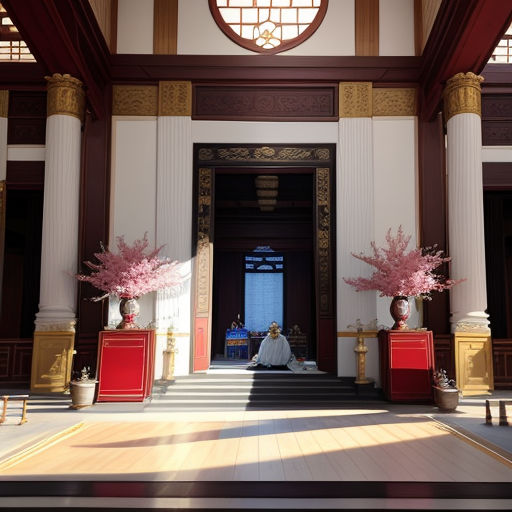
In the grand court of the Tang Dynasty, all eyes were on Emperor Li Longji, a man who once ruled with unquestionable authority. Yet, something changed in 712. Li Longji, who still had an unquenched thirst for power, handed the reign to his son, Li Heng.
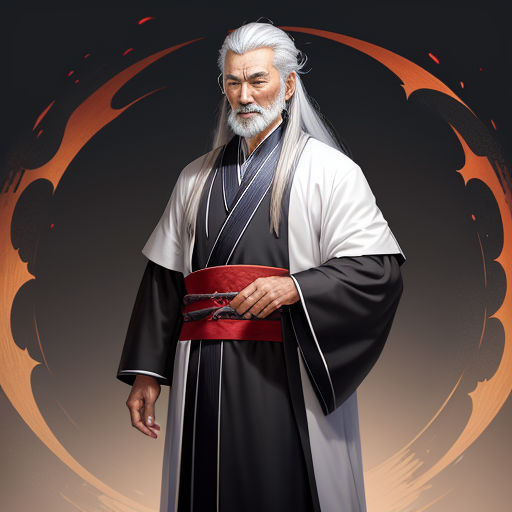
Despite the display of relinquishment, Li Longji never truly let go of his influence. Known for his political acumen, he continued to manipulate the affairs of the royal court from behind the scenes. His son, Li Heng, started to harbor suspicion.
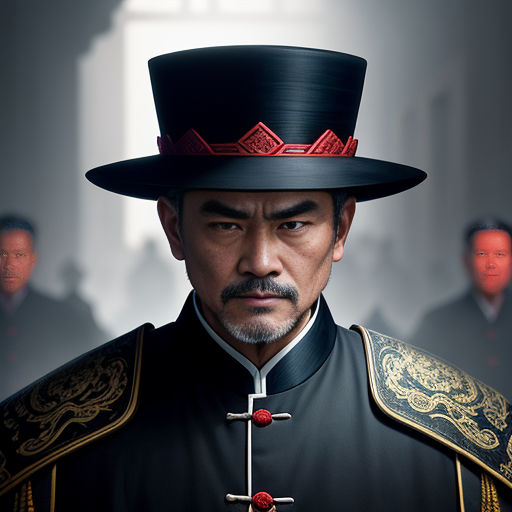
In a hasty and fearful move, Li Heng decided to confine his father within the walls of the palace in 714. Li Longji, once a highly revered figure, suddenly found himself a prisoner in his own home. But, the worst was yet to come.

A rift was growing between Li Longji and his wife, Yang Yuhuan, who once used to be the apple of his eye. Her loyalty slowly changed course, a fact that was not helped by the meddling eunuch, Gao Lishi.
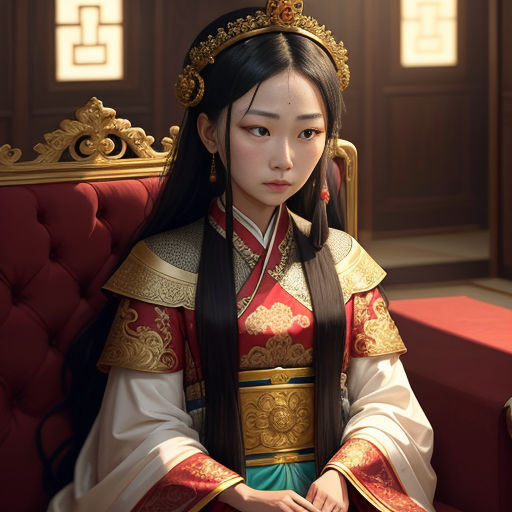
Gao Lishi, seeing the fracture in their relationship, began spreading ill words about Li Longji in Yang Yuhuan's presence. Such constant negativity led Yang Yuhuan to gradually distance herself from Li Longji, further isolating the former emperor.
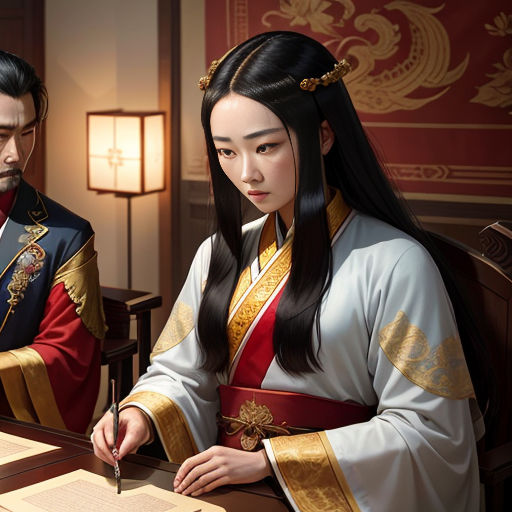
In the following years, Li Longji's attempt to regain his power was discovered by Yang Yuhuan. She conspired with Gao Lishi, planning to replace Li Longji with his younger brother, Li Yu. The plot thickened within the palace walls.
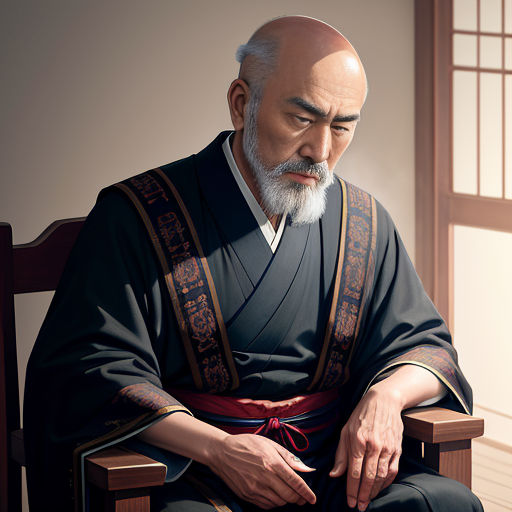
However, when Li Longji regained his throne, Gao Lishi was banished from the palace. Yang Yuhuan, filled with guilt and remorse, died in 715. Li Longji found himself surrounded by betrayal. Even his throne felt cold and empty.
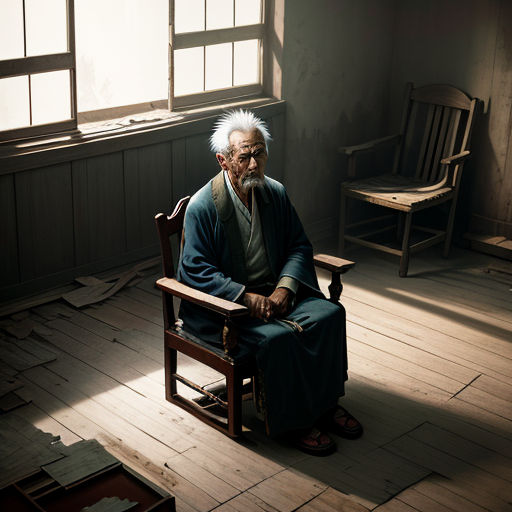
His spirit broken, Li Longji spent the rest of his years living in confinement. He was ignored by his son and betrayed by his wife and confidant. His only company were the echoing walls of his lavish prison.

The grandeur of the palace that once reflected his power now seemed to mock him. Each pillar, each mural, now only reminded him of his fallen status and the loneliness that accompanied it. He felt like a lone leaf on a withered tree.
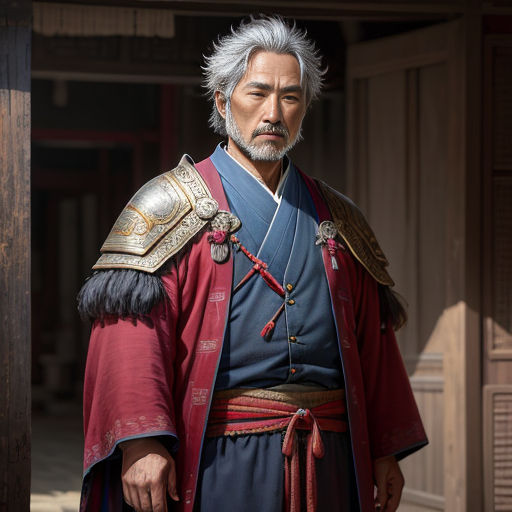
Deprived of the trust and love he once had, Li Longji chose a path of silent protest. In his utter despair and isolation, he decided to abstain from food. His health declined rapidly as he starved himself, choosing death over the torment of life.
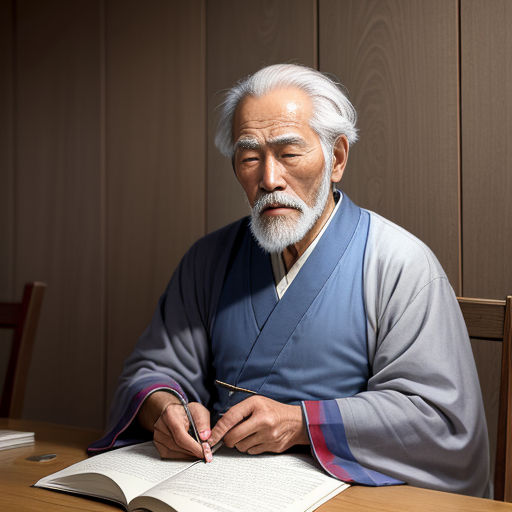
In 729, Li Longji drew his last breath, his life extinguished as quietly as a candle in the wind. He died alone, without the comfort of loved ones. His departure marked a sorrowful end to a once powerful Emperor.

Li Longji's tale is a poignant reminder that power is fleeting, and love and loyalty are often transient. His life mirrored the political and social issues of the late Tang Dynasty, a time of treachery, broken alliances, and lost glory.
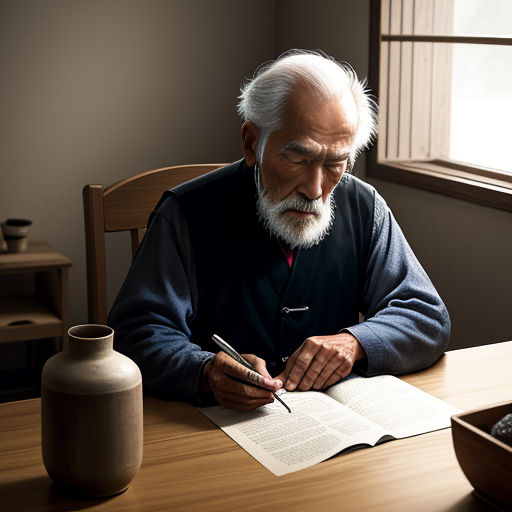
Li Longji's story is an embodiment of his era, reflecting the tumultuous times he lived in. His later years, filled with loneliness and betrayal, underscore the imperfections of human relationships and the unpredictability of fate.

Every corner of the palace, every whisper of the wind seemed to echo his sorrow. The Emperor had gone from orchestrating the affairs of a powerful empire to a life of solitude, living out his days in a gilded cage.
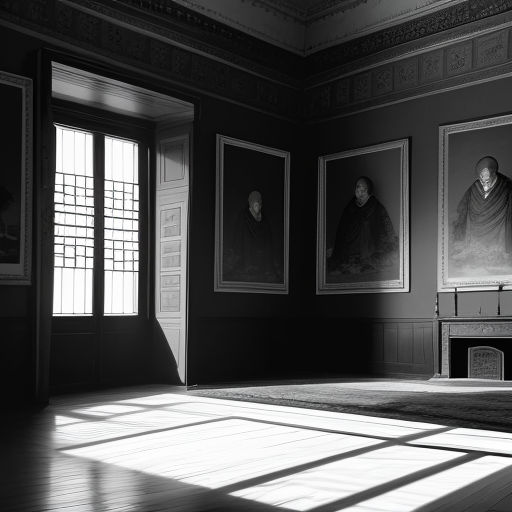
The tale of Li Longji remained etched in the annals of history, a lasting reminder of an Emperor's fall from grace. His lonely demise was a far cry from his vibrant days of rule, leaving behind a legacy encased in melancholy.

Many years later, the empty throne of Li Longji stood as a silent testament, bearing the weight of a tale filled with intrigue and sorrow. It served as a somber reminder of the once-mighty Emperor who died in loneliness and despair.
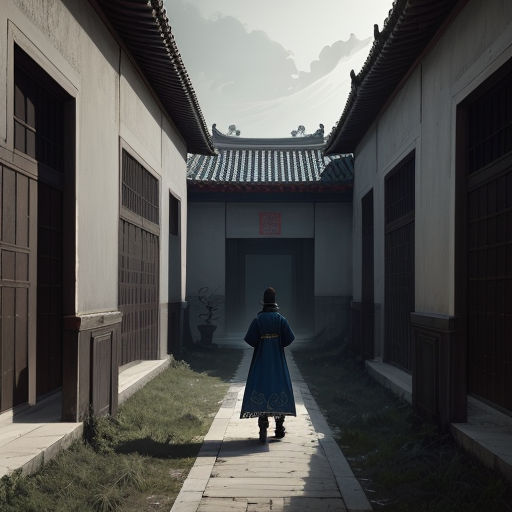
It was truly a poignant end to a ruler once revered for his wisdom and power. His story reverberated through the ages, casting a sorrowful shadow over the grandeur of the Tang Dynasty.

However, in his story, Li Longji also left behind a significant moral lesson. No matter how invincible one might seem, the threads of power, love, and loyalty can unravel at the slightest provocation.

His life served as a stark reminder that every being, regardless of their status, is bound by the universal laws of life and death. His tale continues to echo through the halls of history, instilling a sense of respect and fear for the unpredictability of life.
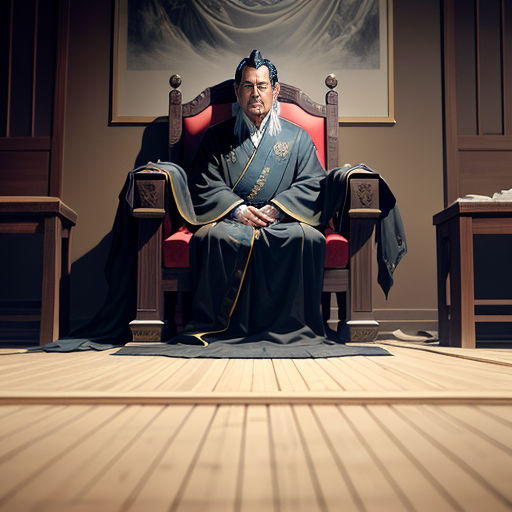
Tales of Li Longji continue to be told, passed down the ages. The stories reflect the misery of his last years - a stark contrast to his earlier days of glory. They serve as a testament to his life and the fate of an Emperor who once had it all.
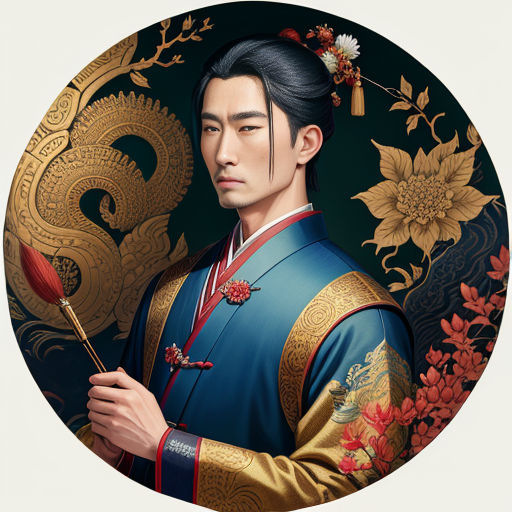
His life, mirroring turbulent times, provides a historical perspective to the tumultuous era of the late Tang Dynasty. A ruler once feared and respected, Li Longji’s story is a profound insight into the realities of human existence and power dynamics.
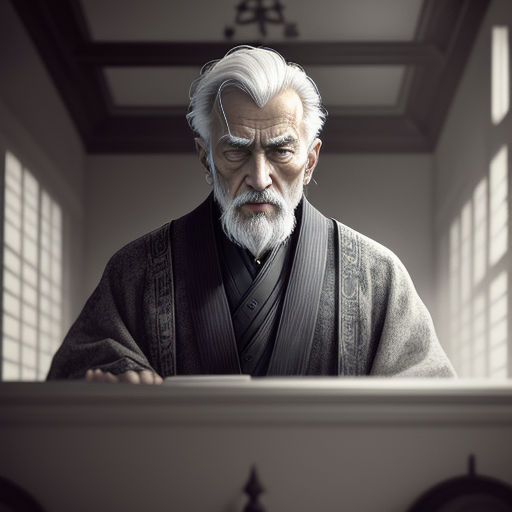
His final years marked by betrayal and abandonment, indifference and seclusion, form a tragic chapter of a great Emperor’s life. He spent his last days trapped in his own palace, his only companions were his thoughts and the echoing silence.

Li Longji's story, a tale of conquest, power, and downfall, serves as a timeless reminder of the frailty of human relationships and the transience of power. His life, marked by glory and tragedy, continues to endure in historical memory.
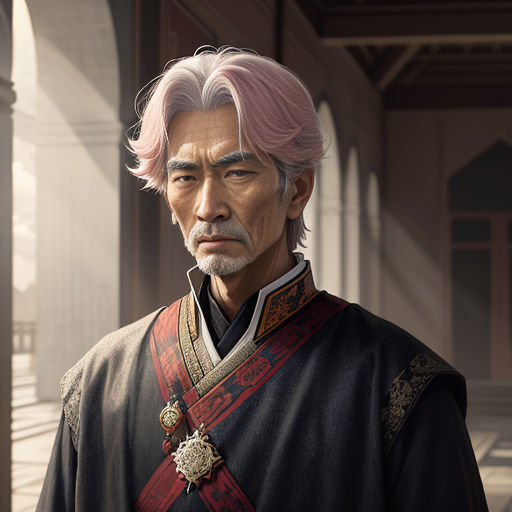
History is filled with tales of rulers who witnessed the heights of power and the depths of despair. But the story of Li Longji stands out, a tale of an emperor undone by the very power he once wielded, succumbing to a life of solitude and ultimately a lonely death.

Such is the story of Emperor Li Longji, a vibrant ruler who ended his life in despair and loneliness, a stark departure from his years of rule. His life serves as a poignant reminder of the ephemeral nature of power and the harsh truths of humanity.